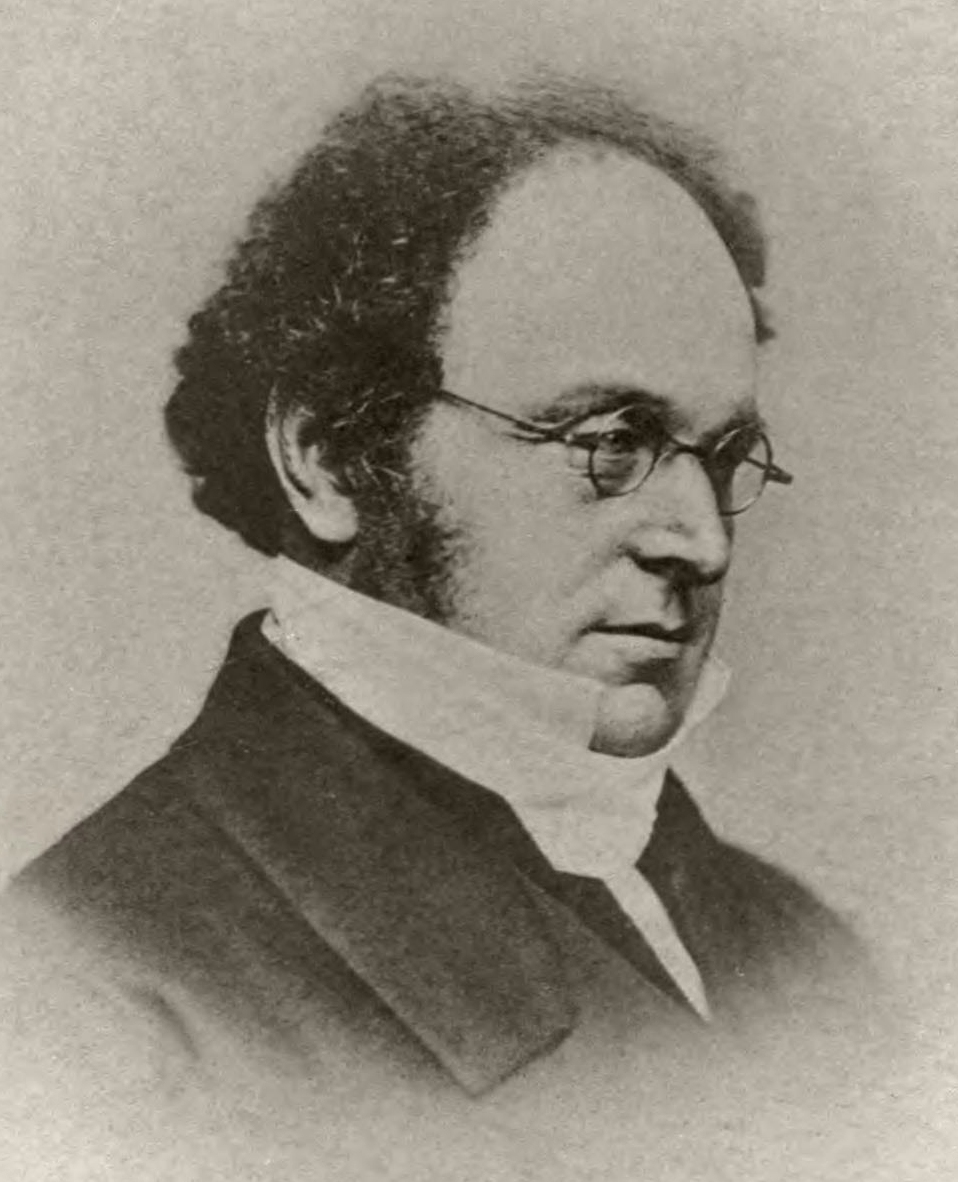Frases célebres de Augustus De Morgan
Fuente: Augustus De Morgan: Transactions Cambridge Philosophical Society, vol. X, 1864, p.184
“Yo no escuché lo que dijo, pero estoy totalmente de acuerdo con usted.”
Atribuida a Augustus De Morgan.
Fuente: Citado en: August Stern (1994). El cerebro cuántico: Teoría e implicaciones. North-Holland/Elsevier. pág. 7
“El poder movilizador de la invención matemática no es el razonamiento, sino la imaginación.”
Fuente: Citado en Robert Perceval Graves: La vida de Sir William Rowan Hamilton Vol. 3 (1889) pág. 219.
Fuente: Lógica Formal (1847)
Augustus De Morgan: Frases en inglés
Advertisement, p.4
The Differential and Integral Calculus (1836)
Preface, p. iii
The Differential and Integral Calculus (1836)
Preface, p. v
The Differential and Integral Calculus (1836)
A Budget of Paradoxes (1872)
Advertisement, p.3
The Differential and Integral Calculus (1836)
The Differential and Integral Calculus (1836)
A Budget of Paradoxes (1872)
Advertisement, p.3
The Differential and Integral Calculus (1836)
A Budget of Paradoxes (1872)
Fuente: On the Study and Difficulties of Mathematics (1831), Ch. I.
The Differential and Integral Calculus (1836)
The Differential and Integral Calculus (1836)
The Differential and Integral Calculus (1836)
Introductory p.9
A Budget of Paradoxes (1872)
Introductory Chapter, pp.9-10
The Differential and Integral Calculus (1836)
Introductory p.1
A Budget of Paradoxes (1872)
“The lowest steps of the ladder are as useful as the highest.”
Fuente: On the Study and Difficulties of Mathematics (1831), Ch. I.
"Short Supplementary Remarks on the First Six Books of Euclid's Elements" (Oct, 1848) Companion to the Almanac for 1849 as quoted by Sir Thomas Little Heath, The Thirteen Books of Euclid's Elements Vol.1 https://books.google.com/books?id=UhgPAAAAIAAJ, Introduction and Books I, II. Preface, p. v.
“A large quantity of examples is indispensable.”
Preface, pp. viii
The Differential and Integral Calculus (1836)
Fuente: On the Study and Difficulties of Mathematics (1831), Ch. I.
Fuente: On the Study and Difficulties of Mathematics (1831), Chapter I. Introductory Remarks on the Nature and Objects of Mathematics.
...there is such a thing as the square root of 6, and it is denoted by √<span style="text-decoration: overline">6</span>. But we do not say we actually find this, but that we approximate to it.
The Differential and Integral Calculus (1836)
Advertisement, pp.3-4
The Differential and Integral Calculus (1836)
Fuente: On the Study and Difficulties of Mathematics (1831), Ch. I.
The Differential and Integral Calculus (1836)
Author's Preface
On the Study and Difficulties of Mathematics (1831)
Duhamel, Cours d'Analyse de l'Ecole Polytechnique. Paris, Bachelier. vol i 1841 vol. ii. 1840.
The Differential and Integral Calculus (1836)
Introductory p.4
A Budget of Paradoxes (1872)
Formal Logic (1847)
